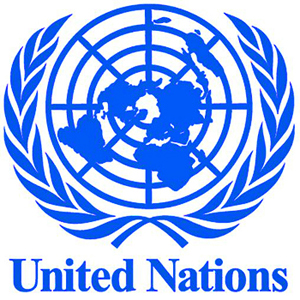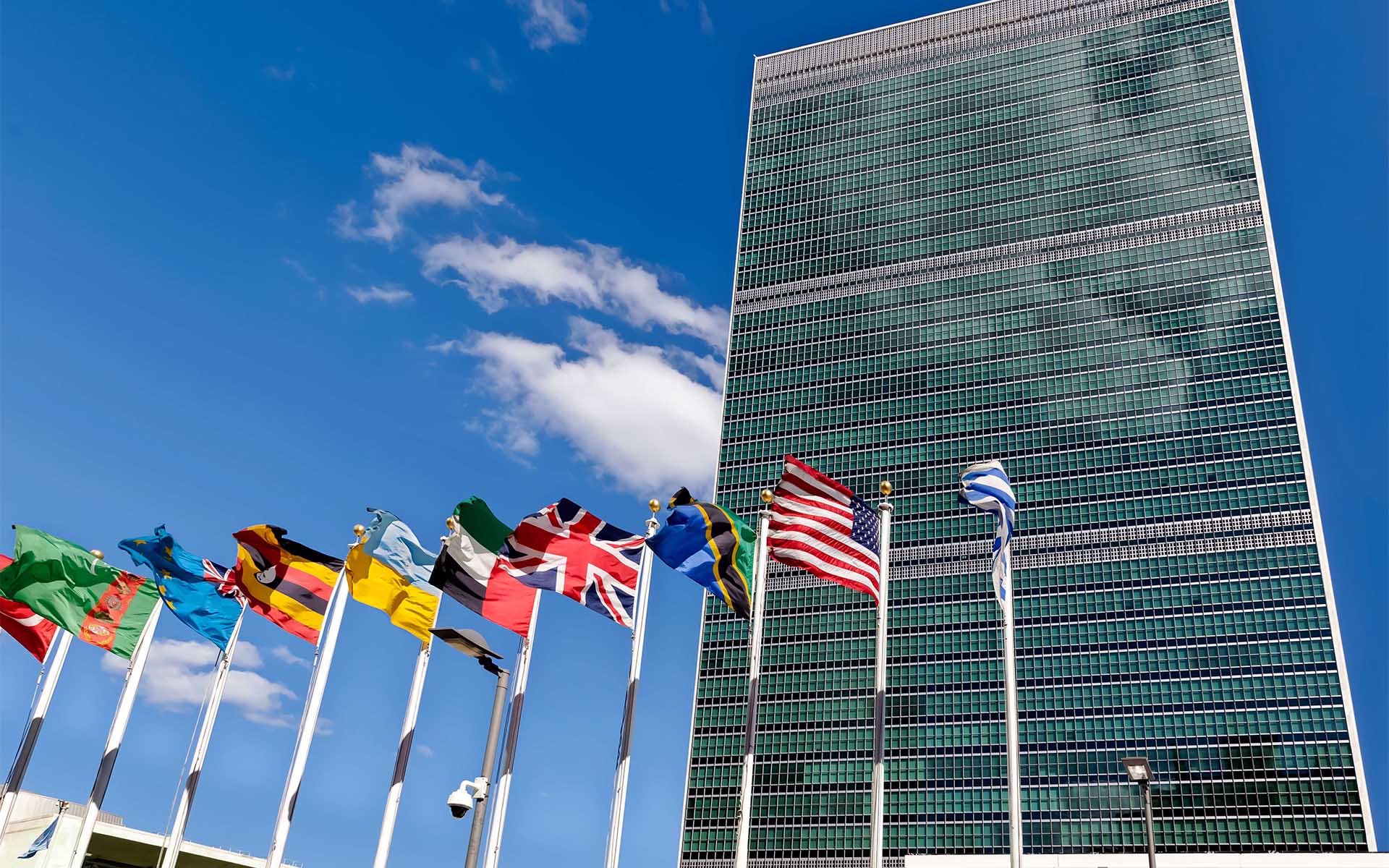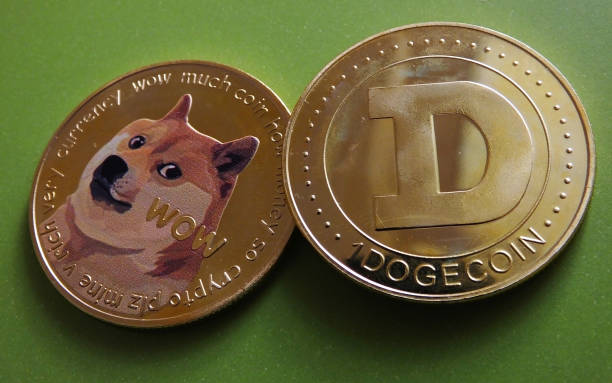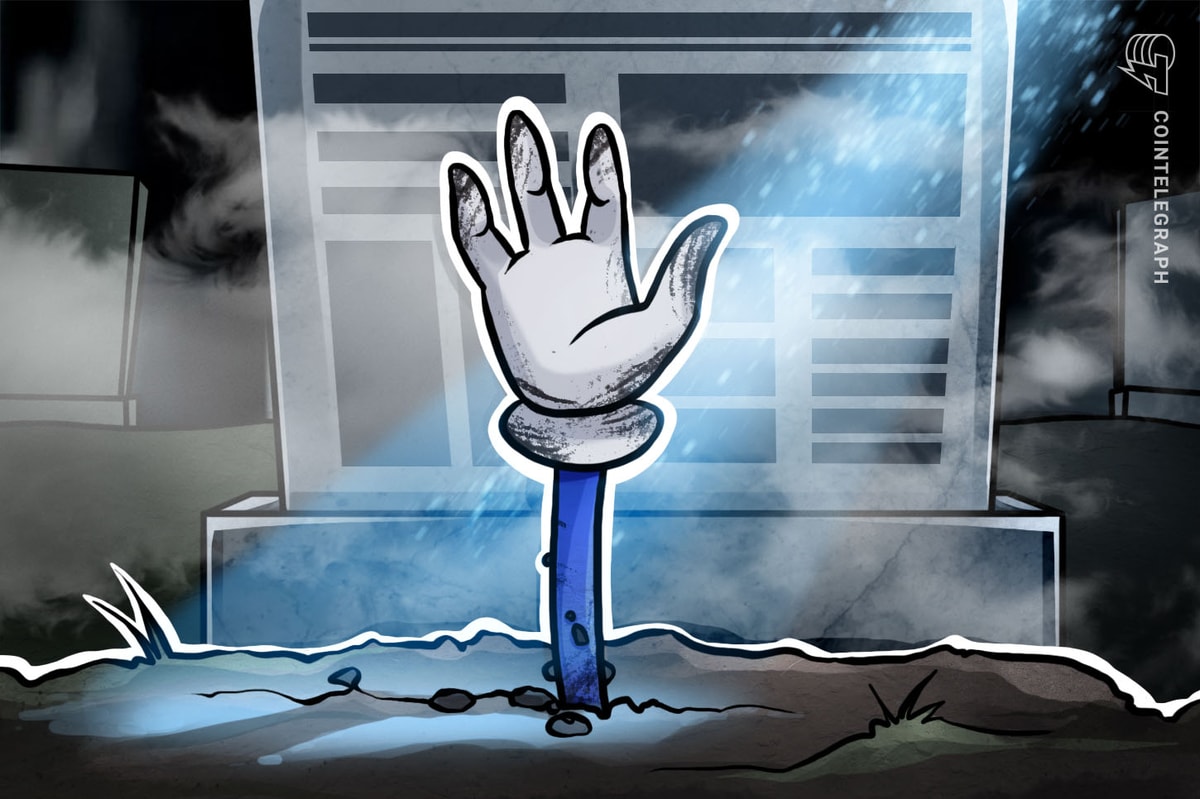We’re all aware of the versatility and usability of blockchain technology, and not just in the virtual currency industry. It can be used in nearly any industry relying on recording transactions and data, including the UN.
The UN will soon be taking advantage of the power of blockchain in the fight against climate change. According to the EconoTimes, the group’s Climate Change secretariat has launched the Climate Chain Coalition (CCC), whose main aim will be to research how the technology can help in the fight against this global problem.
The coalition currently has 32 members but will welcome more participants. It comprises of 25 organizations involved in researching and implementing distributed ledger technology (DLT).
Massamba Thioye, who is leading the secretariat’s blockchain efforts, had this to say:
The UN Climate Change secretariat recognizes the potential of blockchain technology to contribute to enhanced climate action and sustainability.

UN Has Been Warming up to Blockchain for a While
This isn’t the first time that the UN has expressed a keen interest in using blockchain technology to help combat climate change. A blog posted by the group in June 2017 discussed how the UN was aware of blockchain’s potential. Alexandre Gellert Paris, Associate Programme Officer at last year’s United Nations Framework Convention on Climate Change (UNFCCC), previously said:
As countries, regions, cities and businesses work to rapidly implement the Paris Climate Change Agreement, they need to make use of all innovative and cutting-edge technologies available. Blockchain could contribute to greater stakeholder involvement, transparency and engagement and help bring trust and further innovative solutions in the fight against climate change, leading to enhanced climate actions.
The Benefits of Blockchain
Blockchain would offer real-time data on greenhouse emissions and even the carbon footprint of certain industries. This data would be immutable, easier to monitor and would also result in more accurate reporting. The complete transparency that blockchain offers would foster trust among the parties involved, which could go a long way to improving the state of green finance, especially in developing countries.
The CCC will follow a predetermined and agreed upon framework, which includes researching DLT and implementing pilot projects to further test its viability and success.
However, as with any new venture, there is a level of trepidation and caution. Thioye added:
To fully and promptly mobilize this potential, broad collaboration among stakeholders is needed to direct resources to priority areas, avoid duplication of effort, and help avoid the pitfalls of working on a new technology with countless unknowns.
Do you believe that blockchain technology could make a real impact in fighting climate change? Let us know in the comments below!
Images courtesy of AdobeStock, UN.org











